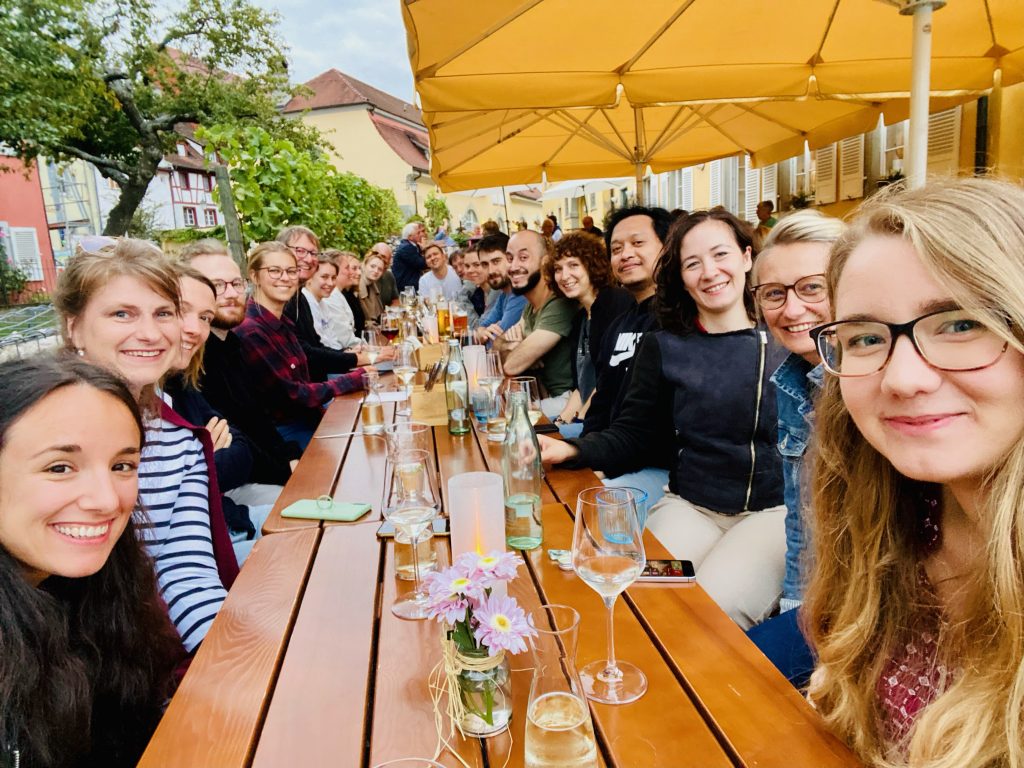5th Summer School on Internet-based Data Collection and Analysis
👏🏻 Thank you for attending our 5th Summer School on Internet-based Data Collection and Analysis last week! We covered topics like basic and advanced concepts of Internet-based research, experimental design, apps for research, theory and model testing, mixed models, analysis of Internet data, Social Media, Mobile Experience Sampling, Big Data, and Open Science.
👩🏻💻👨🏼💻The Summer School was an excellent opportunity for attendees to meet and interact with people at different stages of research, get mentoring sessions with the instructors, and learn more about the use of Internet-based research in different fields. The exchange of ideas went on in the classroom and during the social events designed to let participants learn more about the history and attractions of Konstanz (through visits to the Konstanz City-Hall, the Meersburg Castle, and Konstanz Old Town).
Thanks to the organisers, the group assistants and the instructors for making this event a great learning and exchange experience. But most of all, thanks to all the participants for attending and making this event unique! See you in two years again 😊

Dinner in Meersburg



